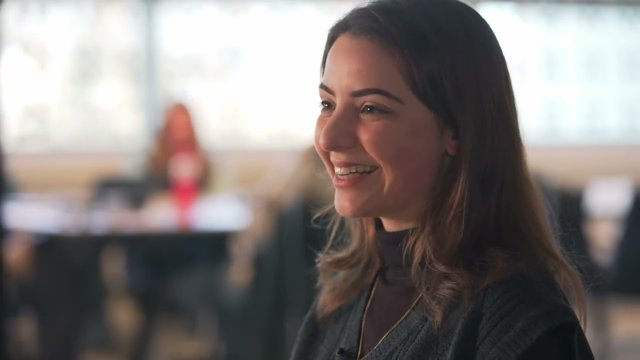During your Master’s in Geo-Information Science and Earth Observation (GEO), you will collect a total of 120 EC within two years. In addition to the three mandatory courses of the Master’s, you will take four specialisation courses and elective courses. You can also do an optional internship and complete your studies by writing your master’s thesis.
Structure
YEAR 1 | NUMBER OF EC |
|
|---|---|---|
Compulsory courses Mandatory courses for all students of the Master’s. | 25 EC | |
Specialisation courses Mandatory courses for all students of the specialisation in Natural Hazards and Disaster Risk Reduction. | 28 EC | |
Elective course You can choose a course that matches your interests and career ambitions. | 7 EC | Some examples of elective courses you can take are: |
YEAR 2 | NUMBER OF EC |
|
|---|---|---|
Individual study programme | 15 EC | In the second year, you can personalise your individual study programme by doing an internship or taking elective courses. |
MSc research proposal and MSc research | 45 EC | You will complete your Master’s in GEO by writing a master’s thesis. Your research theme is defined by the research group that is part of the respective specialisation. In Natural Hazards and Disaster Risk Reduction, you will conduct your research within ITC’s research group 4D-Earth. |
Total EC | 120 EC |
|
Internship
In the second year of your Master’s in Geo-Information Science and Earth Observation, you can apply the knowledge and skills you have acquired during your studies by doing an internship at the Netherlands Red Cross, (inter)national governmental organisation, research institute, or non-governmental organisation in the Netherlands and abroad. ITC has a broad network of organisations where you can do your internship project.
Examples of internships that students have done are:
- “Physically-based, multi-hazard modelling of two municipalities in Western Nepal”
Asian Institute of Technology-GIC, Thailand - “An assessment of early warning early action tools within and beyond the Red Cross Movement”
510 Global, the Netherlands - “Spatial prediction of earthquake-induced landslide sizes in Kaikōura, New Zealand”
Eurac Research, Italy
Master's thesis
You will complete your Master’s by writing your Master’s thesis. Your research will be part of the 4D-Earth research theme at ITC, and you will write your thesis under the supervision of one of the professors in that research group. You can, for example, focus on developing an approach to estimate lava eruption rates and other volcanic processes using a time series of satellite image data. Another key area in which you can focus your MSc research is quantifying risk before a disaster occurs by analysing trends of previous disaster losses and designing a risk reduction intervention that policymakers can implement, such as constructing flood defences or planting trees to stabilise slopes.


